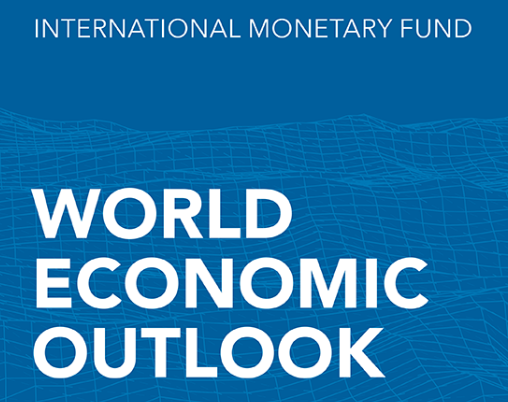The International Monetary Fund (IMF) has projected GDP growth rate for Pakistan at 3.2% for 2025 against 2.4 percent in 2024. According to the IMF’s latest World Economic Outlook (WEO) report, released in October 2024, Pakistan’s economy continues to face significant fiscal and external challenges, including high inflation, soaring public debt, and a widening unemployment crisis.
The IMF warns that Pakistan’s inflation rate, which surged to 29.18% in 2023, will remain elevated at 23.4% throughout 2024, despite efforts to tame prices through monetary tightening and fiscal consolidation. The inflation is expected to gradually decline to 9.5% in 2025, but the immediate outlook remains dire, with price hikes severely impacting households and businesses alike. Rising food and fuel prices, exacerbated by global economic uncertainties, have contributed to this persistent inflationary pressure.
The report highlights that the current account deficit, which stood at a manageable 0.97% of GDP in 2023, is expected to narrow further to just 0.18% of GDP this year, signaling some relief for Pakistan’s external balance. However, the IMF noted that this improvement comes primarily from curbed imports rather than a substantial increase in exports, leaving the economy vulnerable to external shocks. Export performance remains weak, though a slight rebound is expected in 2025, with growth in the volume of exports projected at 20.85% in 2024.
Public debt continues to loom large over Pakistan’s economy, with government gross debt anticipated to rise to 69.25% of GDP in 2024. This is slightly lower than the 77.29% recorded in 2023 but remains a significant burden on the country’s fiscal health. The fiscal deficit is also set to remain elevated, projected at 6.75% of GDP, highlighting the pressing need for fiscal reforms and revenue generation initiatives. The IMF’s report emphasizes that without comprehensive fiscal discipline, debt dynamics could worsen, jeopardizing future growth prospects.
On the employment front, the outlook is similarly grim. The IMF forecasts the unemployment rate to remain high at 8% in 2024, reflecting continued challenges in job creation amid slow economic recovery. The labor market remains strained, with job growth insufficient to absorb the rising workforce, especially in a country where population growth remains robust.
The World Economic Outlook also indicates that Pakistan’s real GDP per capita will see only marginal improvement, climbing from Rs167,480 in 2023 to Rs168,191 in 2024, reflecting the limited trickle-down effects of economic growth on living standards. Furthermore, per capita income in US dollar terms remains constrained, projected at $1,587 in 2024, down from $1,651 in 2022, indicating the challenges posed by a weak exchange rate and inflation eroding purchasing power.
Despite these challenges, the IMF remains cautiously optimistic about Pakistan’s medium-term growth trajectory. GDP growth is expected to gradually improve to 3.2% in 2025 and 4% by 2026, contingent on the successful implementation of reforms, particularly in the energy and financial sectors. The IMF also forecasts improvements in Pakistan’s investment-to-GDP ratio, which is projected to rise from 13.14% in 2024 to 16.44% by 2029, driven by infrastructure development and increased private sector participation.
The IMF report underscores the importance of addressing structural bottlenecks in Pakistan’s economy, including inefficiencies in the energy sector, which continue to stifle industrial growth. Additionally, the report calls for enhanced efforts to boost exports and attract foreign direct investment, particularly in manufacturing and technology sectors, to create a more diversified and resilient economic base.




